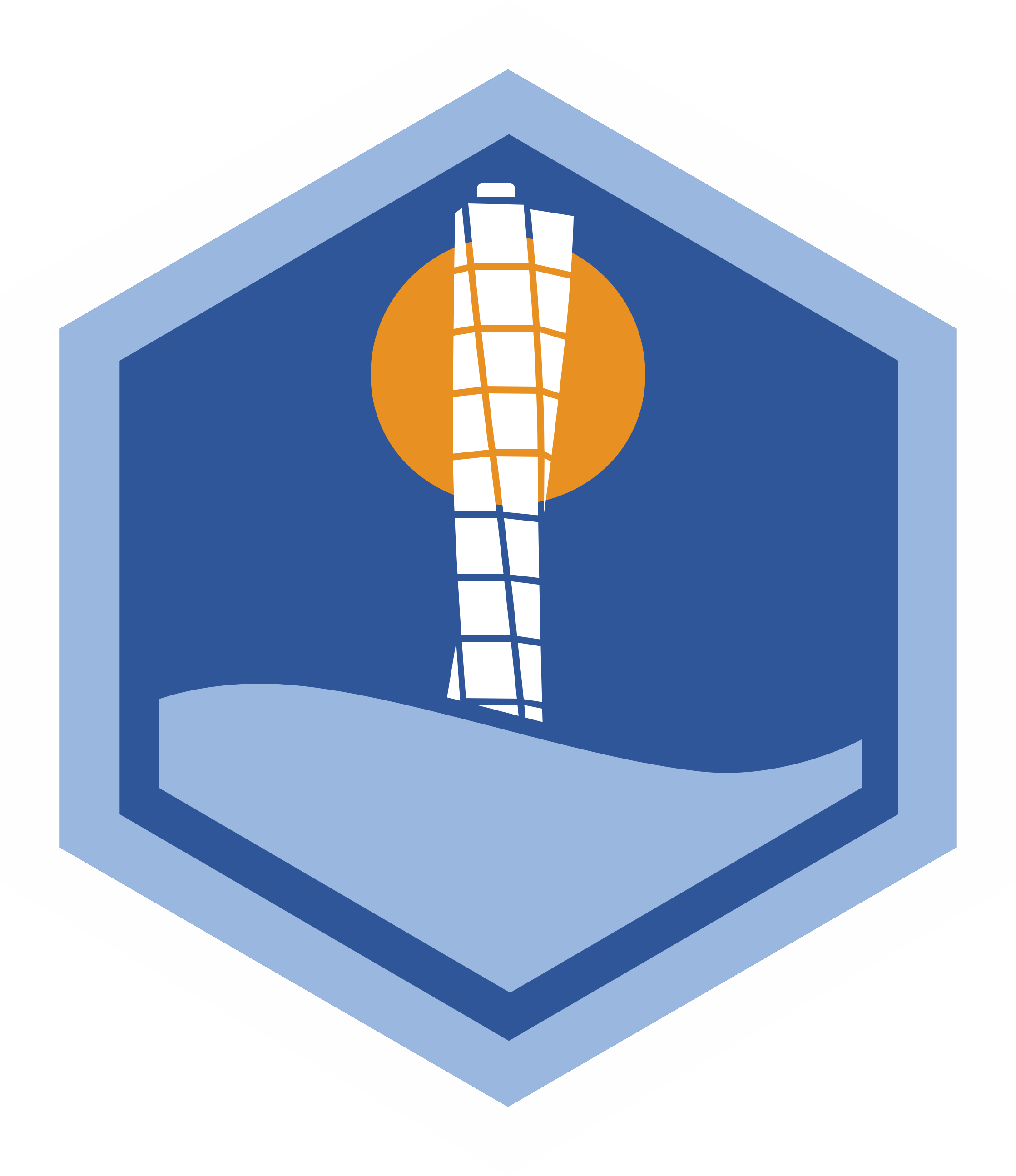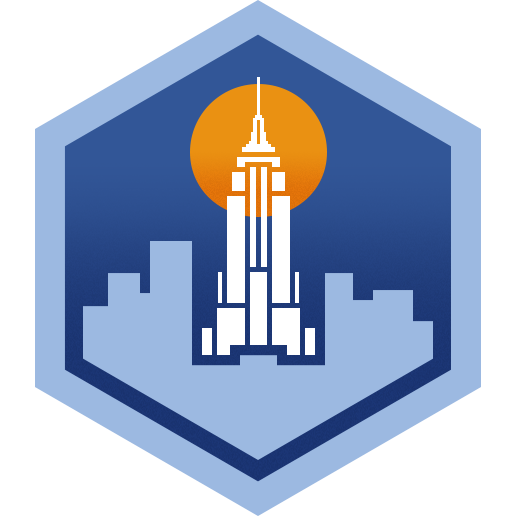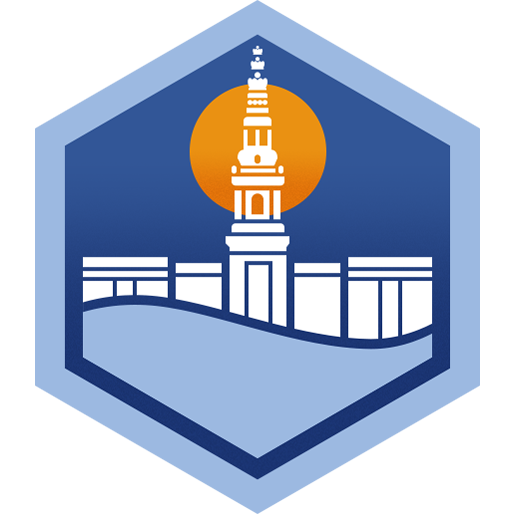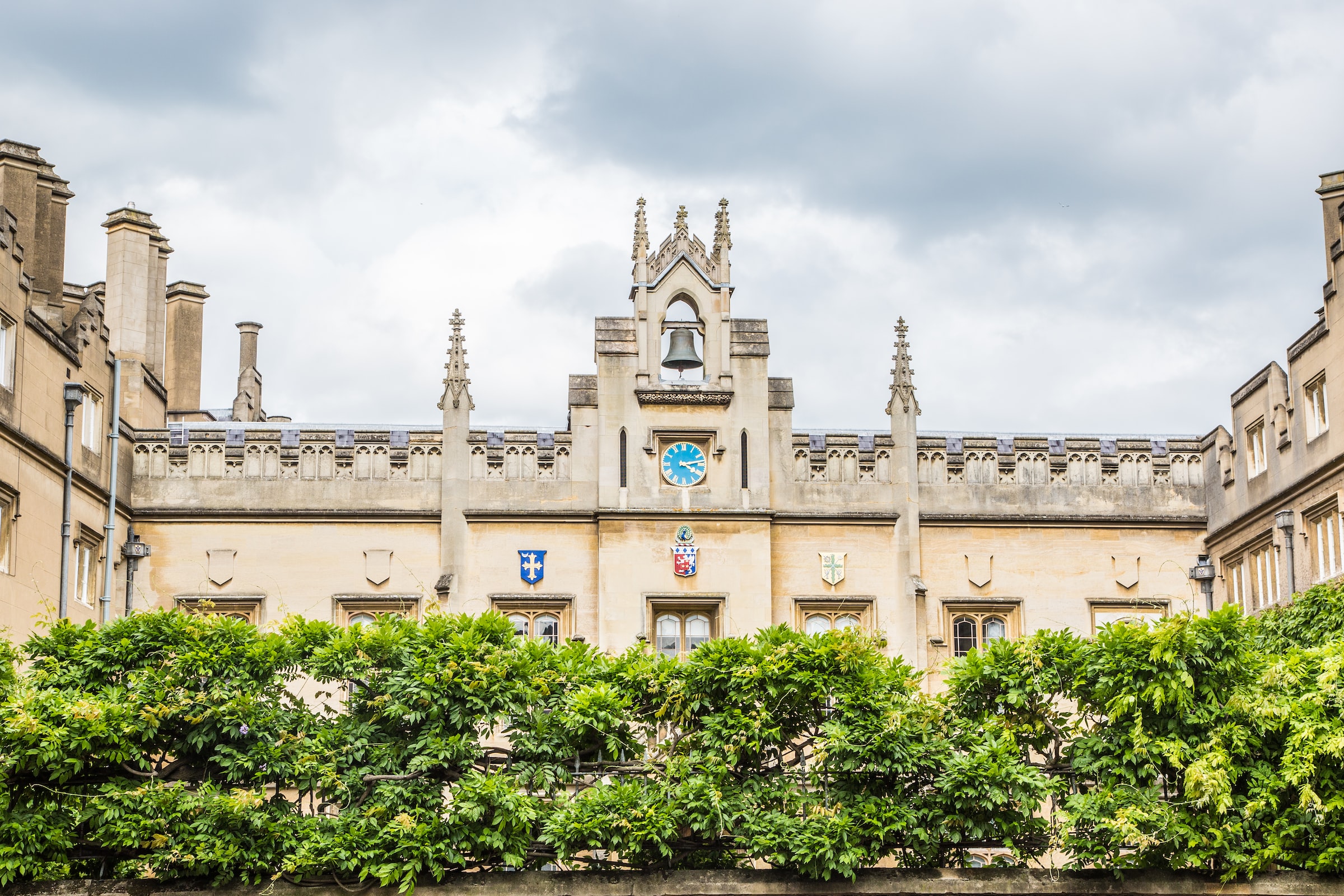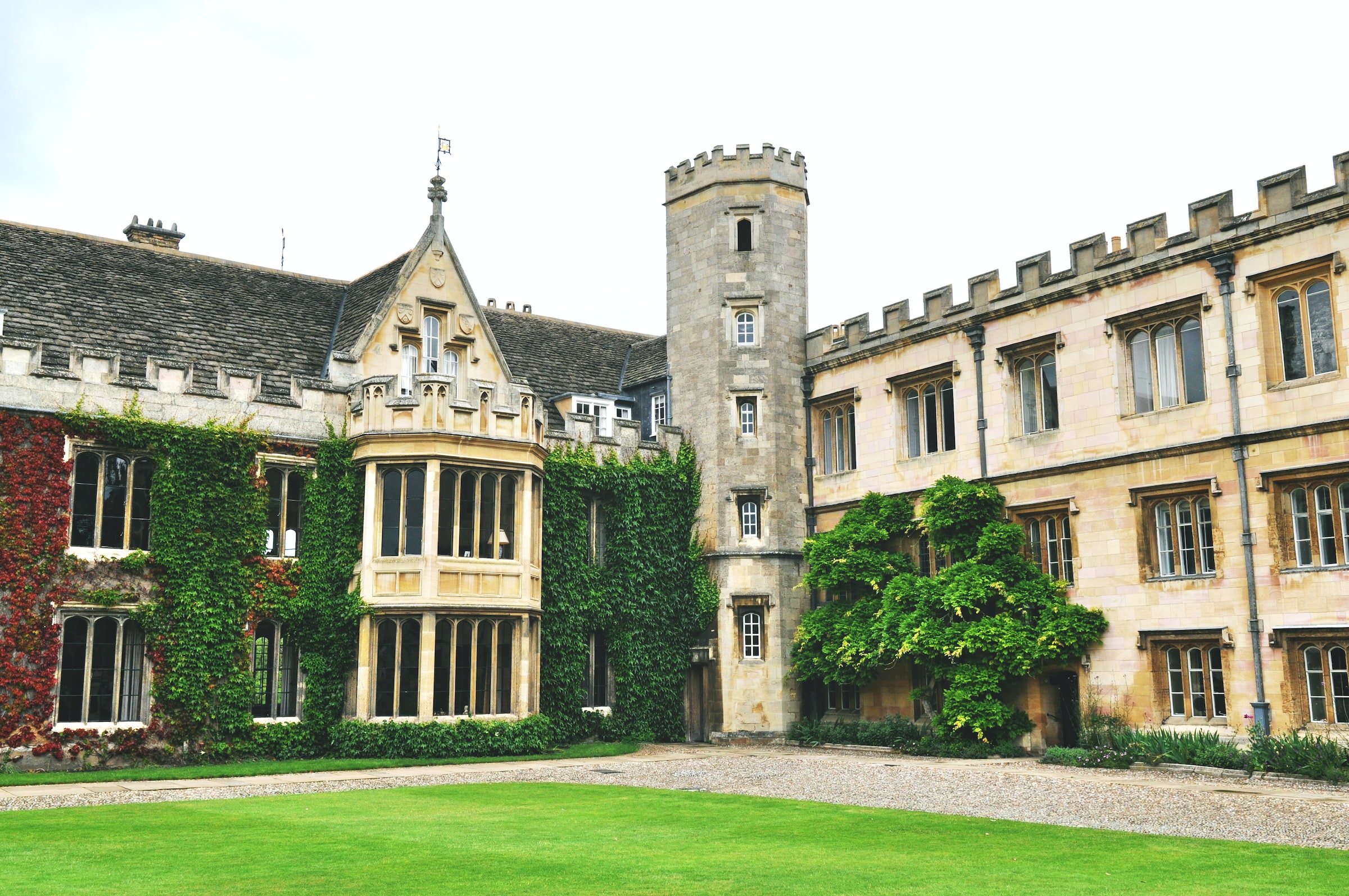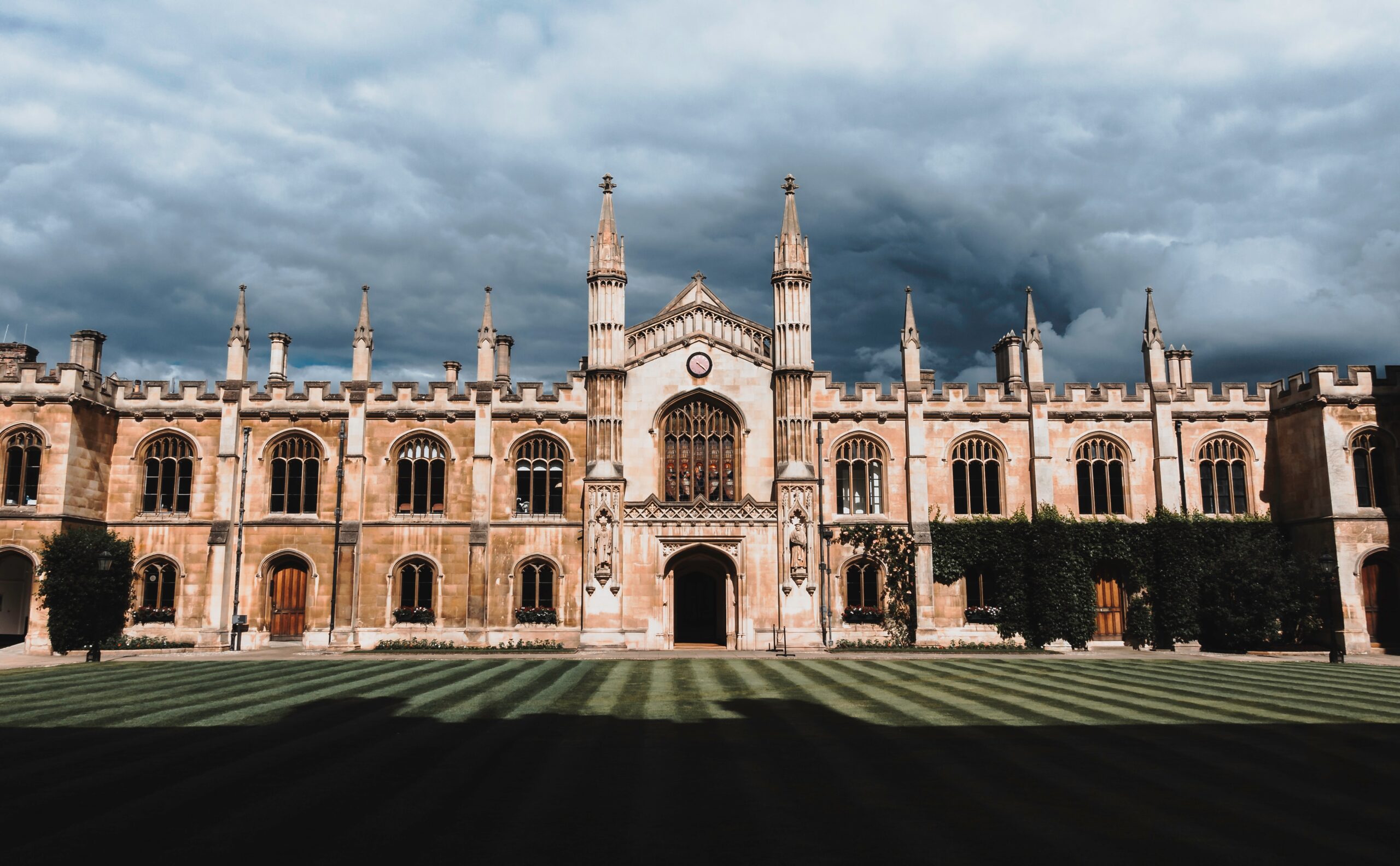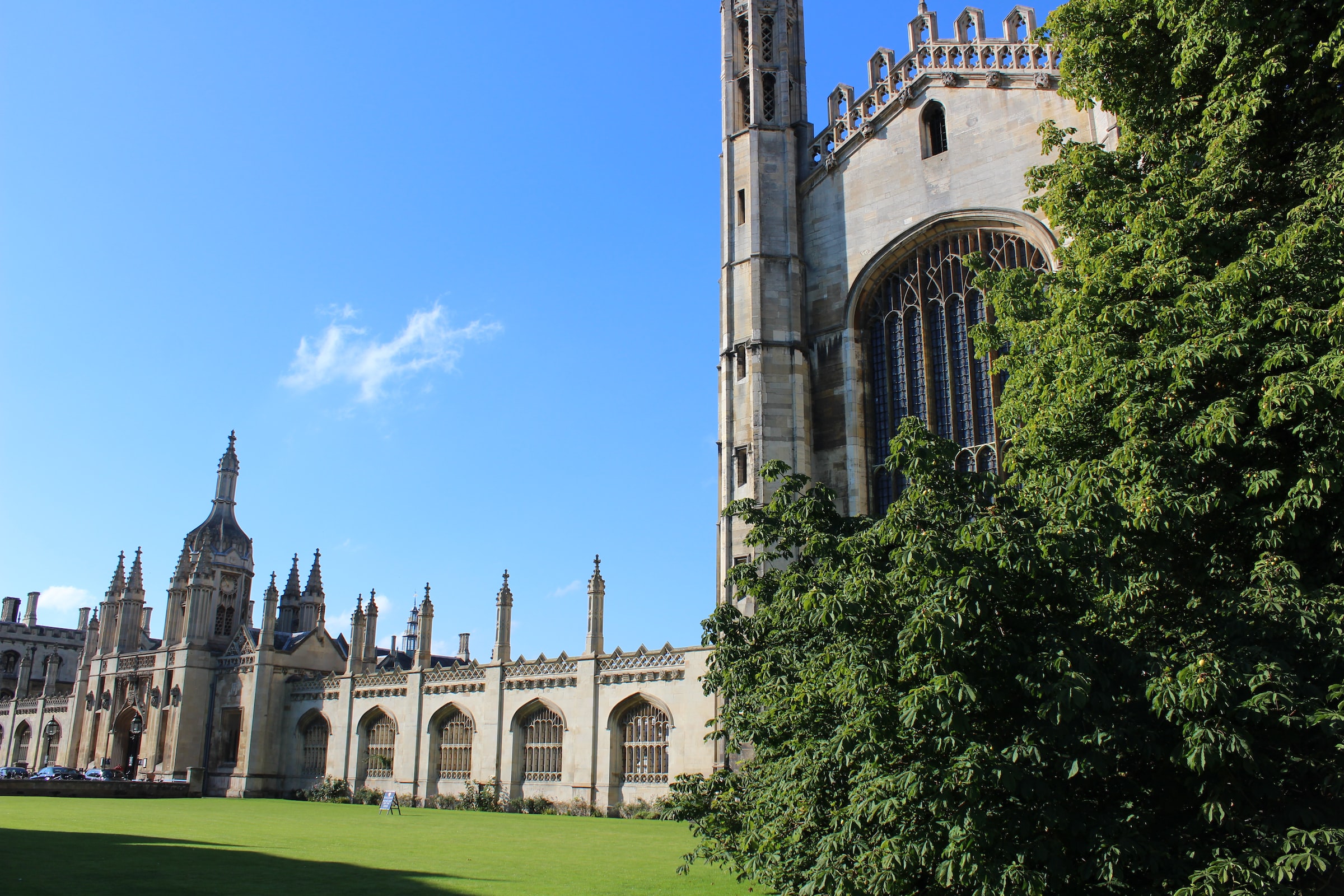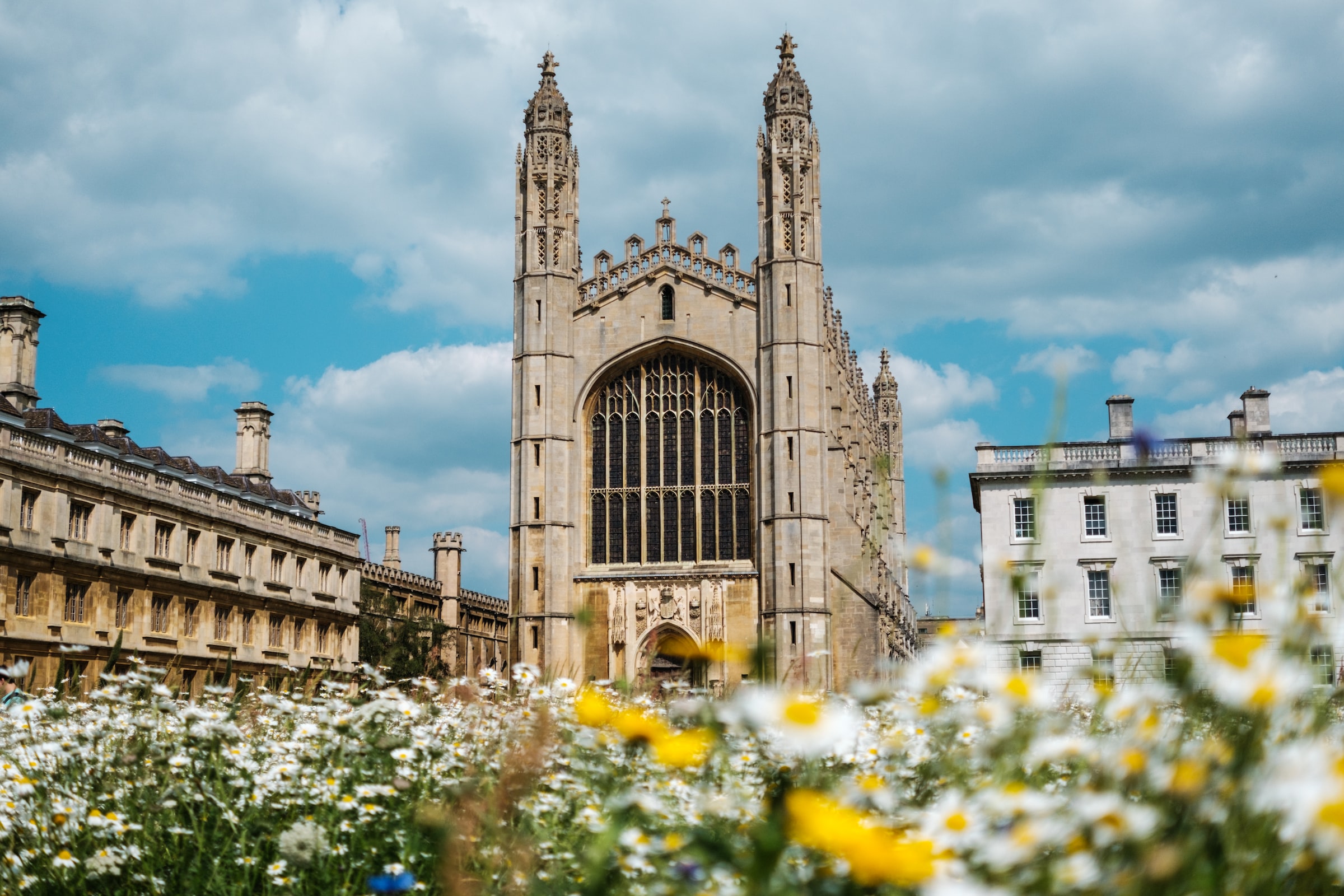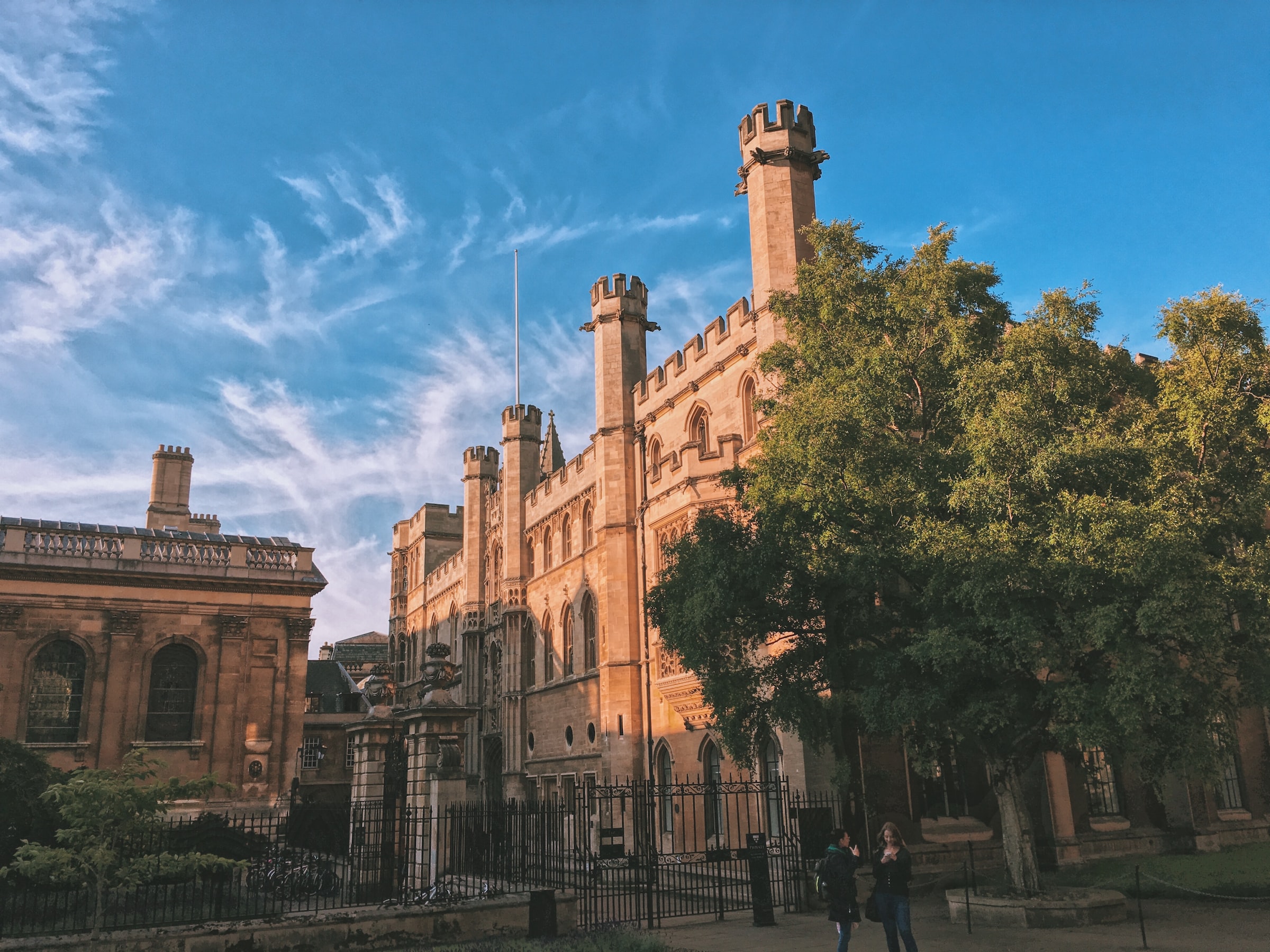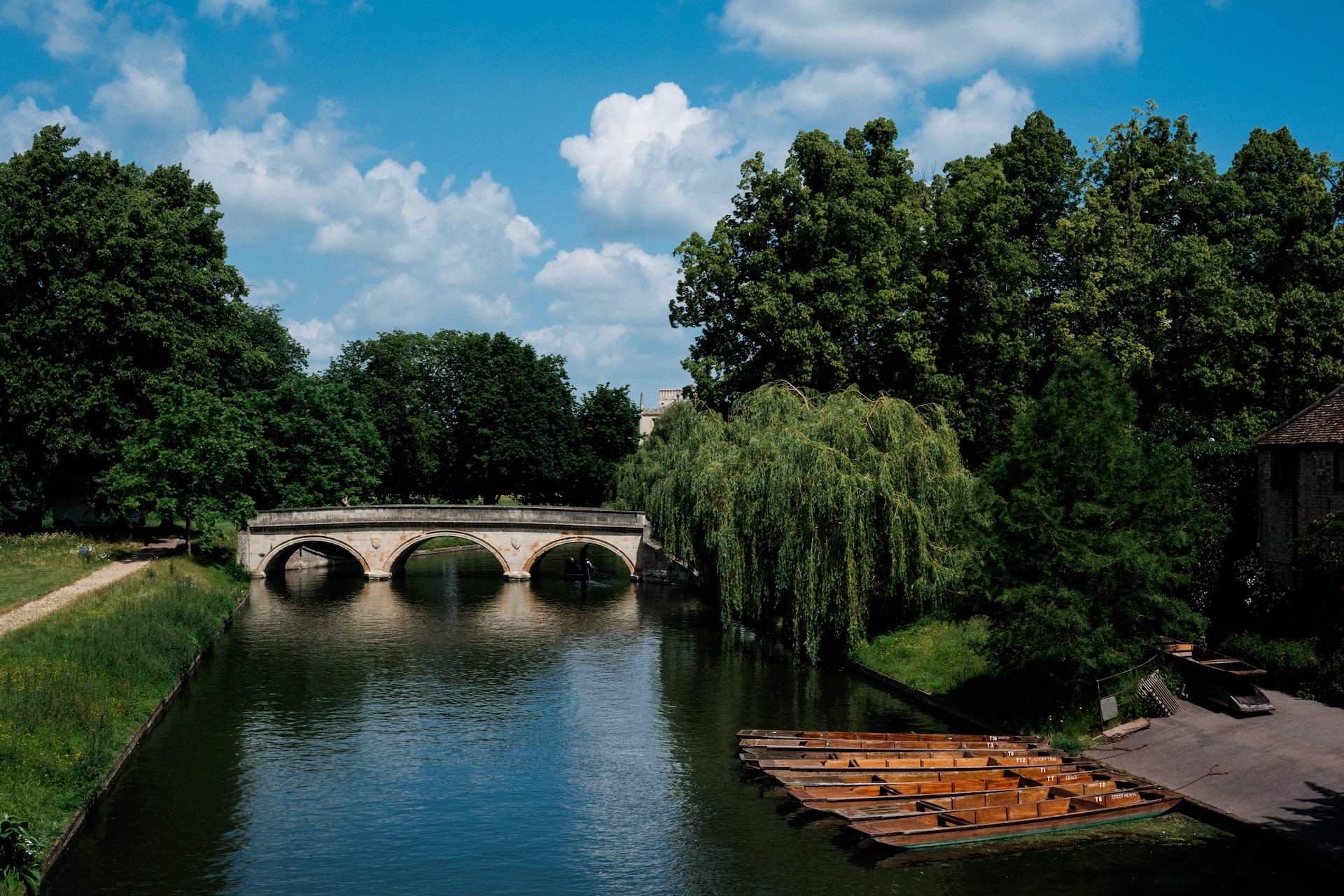International Summer School on AI and Games 2023
The 5th International Summer School on Artificial Intelligence and Games will be held in Cambridge, United Kingdom, 26-30 June 2023 at the Microsoft Research Campus! The event will be co-organized by modl.ai and Microsoft Research.
The summer school is dedicated to the uses of artificial intelligence (AI) techniques in and for games. After introductory lectures that explain the background and key techniques in AI and games, the school will introduce participants the uses of AI for playing games, for generating content for games, and for modeling players.
This school is suitable for industrial game developers, designers, programmers and practitioners, but also for graduate students in games, artificial intelligence, design, human-computer interaction, and computational intelligence.
The main lecturers are Georgios N. Yannakakis and Julian Togelius, co-authors of the AI and Games textbook (http://www.gameaibook.org), the first comprehensive textbook on the use of AI in games. During the first phase of the school theoretical lectures will be complemented by guest lectures on special topics in game AI and by hands-on workshops given by world-leading practitioners. For the second phase of the school, we plan a game AI jam on the taught material.
The 5th International Summer School on AI and Games is co-organised
by modl.ai and Microsoft Research.
Modl.ai creates unique AI solutions that empower game developers around the world by automating game development and enhancing player engagement by embedding AI technology in key development stages.
Microsoft Research aims to accelerate scientific discovery and technology innovation to empower every person and organization on the planet to achieve more by bringing together the best minds across diverse disciplines and backgrounds to take on the most pressing research challenges for Microsoft and for society.
Main Organizers
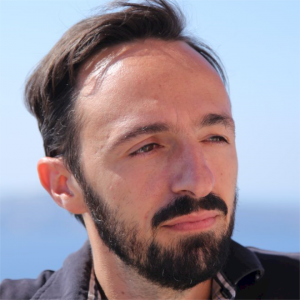
Georgios N. Yannakakis
Co-Founder & Research Director | modl.ai
Professor & Director | IDG, University of Malta
Georgios N. Yannakakis (yannakakis.net) is a Co-Founder and Research Director (Malta) of modl.ai, and Professor and Director of the Institute of Digital Games, University of Malta. He is a leading expert of the game artificial intelligence research field with core theoretical contributions in machine learning, evolutionary computation, affective computing and player modelling, computational creativity and procedural content generation. He has published more than 300 papers and his work has been cited broadly. He has attracted funding from several EU and national research agencies and received multiple awards for published work in top-tier journals and conferences. His work has been featured in New Scientist, Science Magazine, The Guardian, Le Monde and other venues. He is regularly invited to give keynote talks in the most recognised conferences in his areas of research activity and has organised a few of the most respected conferences in the areas of game AI and game research. He is currently the Editor in Chief of the IEEE Transactions in Games. He has been an Associate Editor of the IEEE Transactions on Computational Intelligence and AI in Games and the IEEE Transactions on Affective Computing journals. He is the co-author of the Artificial Intelligence and Games Textbook.
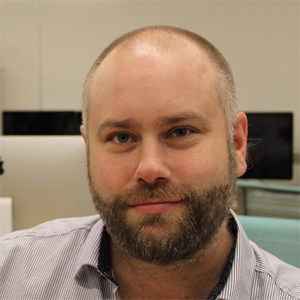
Julian Togelius
Co-Founder & Research Director | modl.ai
Associate Professor | NYU Tandon
Julian Togelius (julian.togelius.com) is a Co-Founder and Research Director (New York) of modl.ai, and an Associate Professor at the Department of Computer Science and Engineering at the New York University Tandon School of Engineering. Previously, he was an Associate Professor at the Center for Computer Games Research, IT University of Copenhagen and among the founders of the procedural content generation research field. Togelius has introduced core procedural generation paradigms and frameworks for game content such as the Experience-driven Procedural Content Generation (EDPCG) framework and the Search-based Procedural Content Generation (SBPCG) paradigm which define two of the leading research trends within procedural content generation. EDPCG couples player experience modelling and procedural content generation so that game content is generated in a personalised manner for affecting the experience of the player and SBPCG offers a taxonomy for the generation of game content through search. He co-edited the first book on Procedural Content Generation in Games. Togelius' research has appeared in respected international media such as New Scientist, and Le Monde. He is the co-author of the Artificial Intelligence and Games textbook.
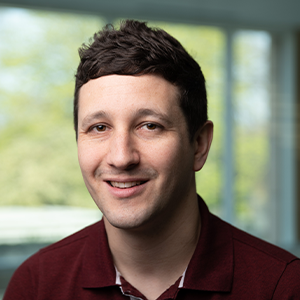
Sam Devlin
Principal Researcher | Microsoft Research
Sam is a Principal Researcher in the Deep Reinforcement Learning for Games group at Microsoft Research Cambridge. He received his PhD on multi-agent reinforcement learning in 2013 from the University of York; was a postdoc from 2013 to 2015, working on game analytics; and then was on the faculty from 2016 until joining Microsoft in 2018. Devlin has published more than 50 papers on reinforcement learning and game AI in leading academic venues and presents regularly at games industry events including Develop and the Game Developers Conference (GDC).
Guest Speakers
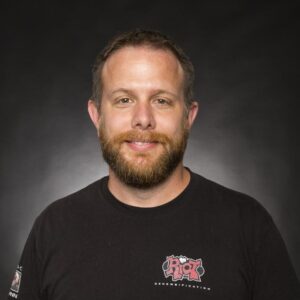
Wesley Kerr
Head of Technology Research | Riot Games
Wesley Kerr is the Head of Technology Research at Riot Games where he leads a team who is building out Riot’s technology research capabilities. He leads a team that focuses on tackling the most challenging problems that unlock better experiences for our players. His team works closely with various teams at Riot, and the team scales our impact through partnerships with industry and academia.
At Riot, he created and led an artificial intelligence (AI) innovation center consisting of a team of 5+ scientists and engineers performing research and deploying distributed deep reinforcement learning for multiple Riot games.
For League of Legends, he developed, deployed, and analyzed recommendation algorithms to power our Your Secret Shop experience and launched the Year in Review product that processed all players game data for the previous year in order to create a personalized experience including champion recommendations. Outside of Riot, Wesley worked for Google Research on improving search and discovery for games in the Google Play Store.
Wesley is passionate about using machine learning and AI to create healthier, safer, and more inclusive experiences for games. During his tenure at Riot, he has worked closely with the Player Dynamics team to aid in their efforts to build gaming structures that foster more rewarding social experiences and mitigating disruptive behavior.
He holds a PhD from the University of Arizona in Computer Science where he performed research at the intersection of game development and artificial intelligence. When not keeping up with the latest trends in AI, you can find Wesley fly-fishing in a river in the mountains.
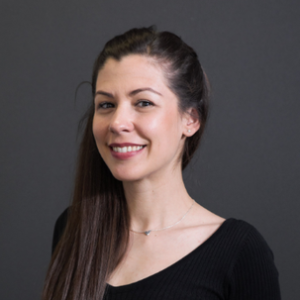
Duygu Cakmak
R&D Director | Creative Assembly
Duygu Cakmak is the R&D Director at Creative Assembly for the BAFTA award-winning Total War series. She oversees the R&D strategy and direction for the franchise. With a diverse background ranging from game AI development to software engineering, she joined Creative Assembly in 2015 first as an AI programmer, then moved to a Project Technical Director role. Duygu won the 2019 MCV Women In Games Awards for the Technical Impact of the Year.
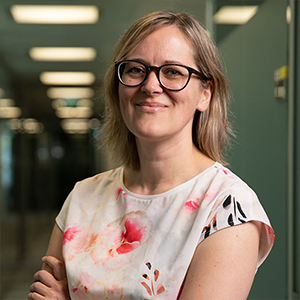
Katja Hofmann
Senior Principal Researcher | Microsoft Research
Katja Hofmann is a Senior Principal Researcher at Microsoft Research. She leads a team that focuses on Deep Reinforcement Learning for Games, with the mission to advance the state of the art in reinforcement learning, driven by current and future applications in video games. She and her team share the belief that games will drive a transformation of how people interact with AI technology. Her long-term goal is to develop AI systems that learn to collaborate with people, to empower their users and help solve complex real-world problems.

Tom Minka
Senior Principal Researcher | Microsoft Research
Tom Minka is a researcher in machine learning with a focus on Bayesian probabilistic inference. He developed the TrueSkill ranking system used in competitive games since Halo 3, the TrueMatch matchmaking system used in Gears 5 and Halo Infinite, and the Expectation Propagation algorithm that underlies various AI systems.
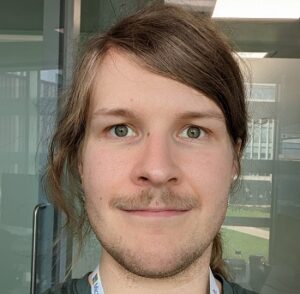
Anssi Kanervisto
Researcher | Microsoft Research
Before joining the Deep Reinforcement Learning for Games team at MSR Cambridge, Anssi spent his university years participating to game AI competitions (Doom, Minecraft and Obstacle Tower Challenge), figuring out ways to make the agents better. His PhD research consisted of studying and summarizing simpler ways of improving the training of reinforcement or imitation learning agents, e.g., by selecting the right set of actions for agent to use. Later in his career he also organized Minecraft AI competitions and maintained stable-baselines RL library, and currently is working on imitation learning at scale.
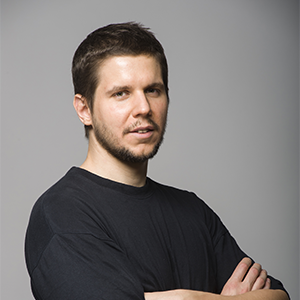
Marek Rosa
Founder and CEO | Good AI
CEO | Keen Software House
Marek Rosa is the founder and CEO of GoodAI, a general artificial intelligence R&D company, and Keen Software House, an independent game development studio, started in 2010, and best known for its best-seller Space Engineers (nearing 5 million copies sold).
Marek has been interested in game development and artificial intelligence since childhood. He started his career as a programmer and later transitioned to a leadership role. After the success of Keen Software House titles, Marek was able to fund GoodAI in 2014 with a $10 Million personal investment.
Both companies now have over 100 engineers, researchers, artists, and game developers. Marek's primary focus is the development of Space Engineers, VRAGE3 engine, AI Game, and Memetic Badger.
GoodAI's mission is to develop AGI - as fast as possible - to help humanity and understand the universe. One of the commercial stepping stones is the "AI game," which features LLM-driven NPCs grounded in the game world with developing personalities and long-term memory. GoodAI also works on autonomous agents that can self-improve and solve any task that a human can.
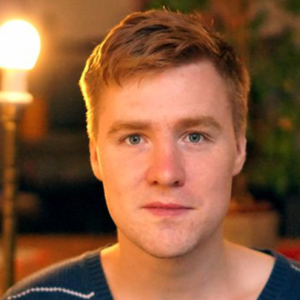
Oskar Stålberg
Independent Game Developer
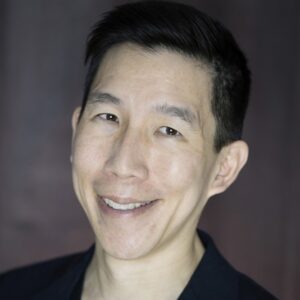
Nick Yee
Co-Founder & Analytics Lead | Quantic Foundry
At Quantic Foundry, he leads the research and development of new tools and approaches for understanding the motivations of game audiences. He is the author of "The Proteus Paradox: How Online Games and Virtual Worlds Change Us—And How They Don’t”.
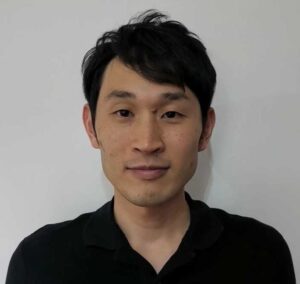
Koki Mitsunami
Staff Engineer | Arm
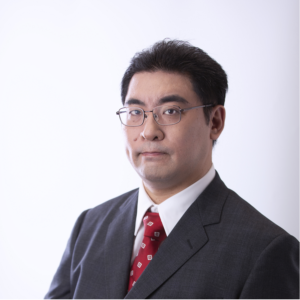
Youichiro Miyake (Ph.D)
General Manager & Lead AI Researcher | SQUARE ENIX
A Project Professor | IIS, the University of Tokyo
He is also a board member of Digital Games Research Association (DiGRA) JAPAN and a chair of SIG-AI in Japan Chapter, International Game Developers Association (IGDA Japan) from 2006 to resent. He researches the technical design of combination of smart city and metaverse by using game AI system “Meta-Character-Spatial AI dynamic cooperative model”. He published more than 10 books of game AI, and many academic papers. He had many lectures in international academic conferences such as SIGGRAPH, SIGGRAPH ASIA, IEEE Conference On Games, and ACM International Conference on Intelligent Virtual Agents, and international industrial conferences such GDC and CEDEC.
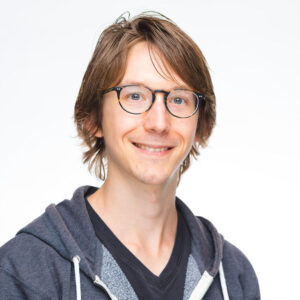
Alex Zook
Senior Research Scientist | NVIDIA
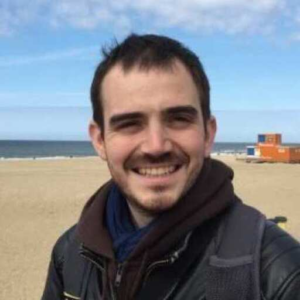
Pierluigi Vito Amadori
Senior Engineer | Sony Interactive Entertainment
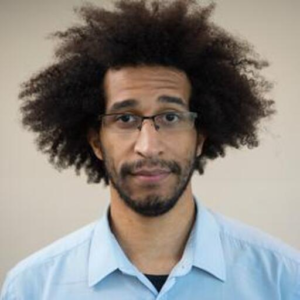
Kevin Denamganai
PhD Intern | Sony Interactive Entertainment
His research focuses mainly on Language Emergence and Grounding towards addressing the agent alignment problem, with occasional work on Deep (Multi-Agent) Reinforcement Learning, Self-Play, and Unsupervised Representation Learning
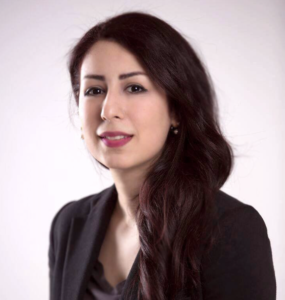
Feryal Behbahani
Research Scientist | DeepMind
Feryal Behbahani is a Research Scientist at DeepMind working on Reinforcement Learning. Previously, she was a Research Scientist leading the learning team at Latent Logic (now part of Waymo) where her team focused on Deep Reinforcement Learning and Learning from Demonstration techniques to generate human-like behaviour that can be applied to data-driven simulators, game engines and robotics. She received her PhD from the Department of Computing at Imperial College London where she studied Computational Neuroscience and Machine Learning at the Brain and Behaviour Lab.
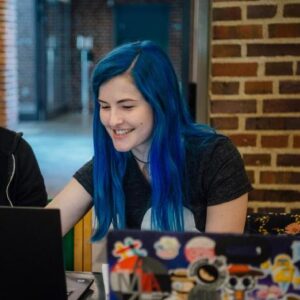
Sophia Clarke
Senior Member of Technical Staff | modl.ai
Sophia Clarke (she/her) is a Senior Software Engineer at modl.ai with a focus on Unity, C#, continuous integration, and automating everything. Her career started in QA, and she still uses the lessons learnt in the testing world to her advantage as a programmer.
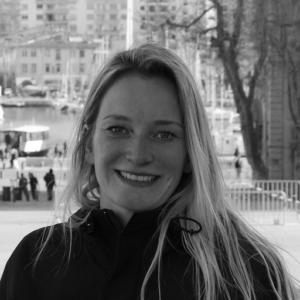
Anna Pukropski
Member of Technical Staff | modl.ai
Anna Pukropski is an AI Engineer at modl.ai. She joined the games industry three years ago. At the time, she started an internship to write her master's thesis about glitch detection in video games. Nowadays, she tries to make sense of structures and data flows as part of modl.ai's AI Engine team.
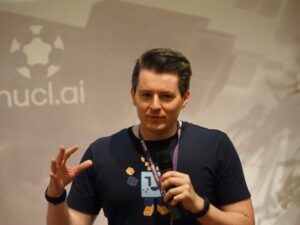
Tommy Thompson
Director | AI and Games
Host | Branching Factor
Dr Tommy Thompson is the director of AI and Games and provides consultancy and communication services for artificial intelligence technologies in the video games industry. He is largely known as a content creator on AI for video games, hosting both the YouTube channel 'AI and Games', as well as the 'Branching Factor' podcast. Before his work in the industry, Tommy was a university lecturer for 10 years in computer science and game development, authoring over 50 academic publications in game/AI research.
Organizing Committee
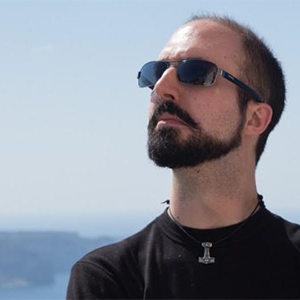
Antonios Liapis
Senior Lecturer | IDG, University of Malta
Antonios Liapis is a Senior Lecturer at the Institute of Digital Games, University of Malta, where he bridges the gap between game technology and game design in courses focusing on human-computer creativity, digital prototyping and game development. His research focuses on Artificial Intelligence as an autonomous creator or as a facilitator of human creativity. His work includes computationally intelligent tools for game design, as well as computational creators that blend semantics, visuals, sound, plot and level structure to create horror games, adventure games and more. He has also co-organized numerous game jams, and has participated in even more!
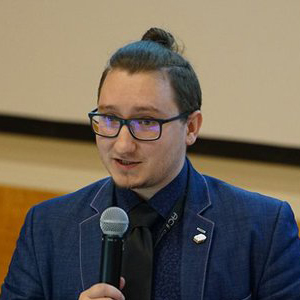
David Melhart
Senior Member of Technical Staff | modl.ai
Postdoctoral Researcher | IDG, University of Malta
David Melhart is a Senior Engineer at modl.ai and a part-time AI Researcher at the Institute of Digital Games, University of Malta. His research specializes in User Research, Player Modelling, and Annotation Tools for Affective Computing. David earned his PhD in AI and Games Research at the Institute of Digital Games, University of Malta in 2021. He was the Communication Chair of FDG 2020, Workshop and Panels Chair of FDG2023, has been a recurring Organizer and Publicity Chair of the Summer School series on Artificial Intelligence and Games (2018-2023), and currently serves as an Editorial Assistant to the IEEE Transactions on Games, Guest Associate Editor on the User States in Extended Reality Media Experiences for Entertainment Games Special Issue of Frontiers in Virtual Reality and Human Behaviour, and Review Editor of Frontiers in Human-Media Interaction.
Local Organizer
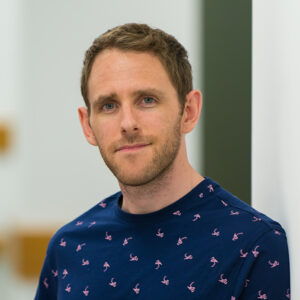
Tim Pearce
Research Scientist | Microsoft Research
Tim is a research scientist at Microsoft Research in the Deep Reinforcement Learning for Games team. He has expertise in imitation learning and uncertainty estimation in neural networks. Tim completed his PhD at the University of Cambridge, spending time at the Alan Turing Institute, and did a postdoc at Tsinghua University.
Program
| Monday 26 June | |
|---|---|
| Location | Microsoft Research Campus |
| 08:00-09:00 | Registration & Breakfast |
| 09:00-09:30 |
Welcome Session Georgios Yannakakis, Julian Togelius, Sam Devlin, and Antonios Liapis 


|
| 09:30-10:30 |
AI and Games: An Introduction Georgios Yannakakis and Julian Togelius 
|
| 10:30-11:00 | Coffee Break |
| 11:00-12:00 |
AI that Plays, Designs, and Experiences Georgios Yannakakis and Julian Togelius |
| 12:00-13:00 | |
| 13:00-14:00 | Lunch |
| 14:00-15:00 |
Towards human-like AI in video games Katja Hofmann 
|
| 15:00-15:30 | Coffee Break |
| 15:30-16:30 |
Using Minecraft for AI research: Malmö, MineRL and lessons learned Anssi Kanervisto 
|
| 16:30-17:30 |
Generative AI for Authoring 3D Worlds Alexander Zook 
|
| 17:30-18:00 | Free time |
| 18:00-21:00 | Reception |
| Tuesday 27 June | |
|---|---|
| Location | Microsoft Research Campus |
| 09:00-09:30 | Breakfast |
| 09:30-10:30 |
Frontiers in PCG Julian Togelius and Georgios Yannakakis |
| 10:30-11:00 | Coffee Break |
| 11:00-12:00 |
Frontiers in Player Modeling Georgios Yannakakis |
| 12:00-13:00 |
Conquering Complexity: AI Decision Making in Turn-Based Strategy Games Duygu Cakmak 
|
| 13:00-14:00 | Lunch |
| 14:00-15:00 |
Landscapes of hex and square Oskar Stålberg |
| 15:00-15:30 | Coffee Break |
| 15:30-16:30 |
LLM-driven game characters Marek Rosa  
|
| 16:30-17:30 |
The Ethics of AI in Games David Melhart 
|
| Wednesday 28 June | |
|---|---|
| Location | Microsoft Research Campus |
| 09:00-09:30 | Breakfast |
| 09:30-10:30 |
Game AI and Generative AI: A Journey into Riot's Tech Research Wesley Kerr 
|
| 10:30-11:00 | Coffee Break |
| 11:00-12:00 |
Playtesting with AI Bots Sophia Clarke & Anna Pukropski 
|
| 12:00-12:30 |
Thinking Outside the Box: Cheap Ways to Squeeze More Out of Your Data David Melhart 
|
| 12:30-13:00 |
How to Implement Multi-Agent Machine Learning Scenarios in Mobile Gaming Koki Mitsunami 
|
| 13:00-14:00 | Lunch |
| 14:00-14:30 |
EVOLUTE: The power of energy models Pierluigi Vito Amadori 
|
| 14:30-15:00 |
Exploration in Reinforcement Learning via Emergent Language Abstractions Kevin Denamganai 
|
| 15:00-15:30 | Coffee Break |
| 15:30-16:30 |
The State of the AI for Games in 2023 Panel: Katja Hofmann, Duygu Cakmak, Wesley Kerr, and Oskar Stålberg Host: Tommy Thompson |
| 16:30-17:30 |
The Gamer Motivation Profile: What We Learned From Over 1.25M Gamers Nick Yee  |
| 17:30-18:00 | Free time |
| 18:00-21:00 | Reception |
| Thursday 29 June | ||
|---|---|---|
| Location | Microsoft Research Campus | Clayton Hotel Cambridge |
| 09:00-09:30 | Breakfast | |
| 09:30-10:30 |
AI-powered matchmaking for multiplayer games: TrueSkill and TrueMatch Tom Minka 
|
Game AI Jam Facilitator: Antonios Liapis  |
| 10:30-11:00 | Coffee Break | |
| 11:00-12:00 |
Human-Timescale Adaptation
in an Open-Ended Task Space Feryal Behbahani 
|
|
| 12:00-13:00 |
Game AI in the Game Industry Youichiro Miyake, Ph.D 
|
|
| 13:00-14:00 | Lunch | |
| 14:00-15:00 | ||
| 15:00-15:30 | ||
| 15:30-16:30 | ||
| 16:30-17:30 | ||
| Friday 30 June | ||
|---|---|---|
| Location | Microsoft Research Campus | Clayton Hotel Cambridge |
| 09:30-10:30 | Game AI Jam Facilitator: Antonios Liapis  |
|
| 09:00-10:00 | ||
| 10:00-11:00 | ||
| 11:00-12:00 | ||
| 12:00-13:00 | ||
| 13:00-14:00 | ||
| 14:00-15:00 | ||
| 15:00-16:00 | Game AI Jam: Arcade Mode | |
| 16:00-16:30 | Coffee Break | |
| 16:30-17:30 |
Game AI Jam Awards & Closing Remarks Georgios N. Yannakakis, Julian Togelius, Sam Devlin, and Antonios Liapis 


|
|
| 17:30-18:00 | Free time | |
| 18:00-21:00 | Reception | |
If you don't want to miss an update please Subscribe to our Newsletter and follow us on Social Media!
Read more on our previous Summer Schools below!
Sony Scholarships
Our sponsors at Sony Interactive Entertainment offer full scholarship seats for students at the International Summer School on AI and Games!
We offer this opportunity to students based on an outstanding CV and a short, one-paragraph letter of motivation emphasizing the role of this summer school in the development of your current or future game AI projects or research.
Selected candidates will have their registration fee waived and will be awarded travel aid for up to 1000 EUR*.
The applications should be submitted to [email protected] with the subject line: "Scholarship 2023".
The deadline for applications is 10 April 2023.
*Travel aid is given to recipients after the summer school dates. Only students appearing at the summer school in person are eligible for receiving travel aid, scholarship recipients who cannot make it to the summer school forfeit their aid.
Main Conference Venue
The 5th International Summer School on Artificial Intelligence and Games will be held in Cambridge, United Kingdom 26-30 June 2023 at the Microsoft Research Campus!
Accommodation
Clayton Hotel
Station Road, Cambridge, CB1 2JW
T: +44 1223 792888
YHA Cambridge
97 Tenison Road, Cambridge, CB1 2DN
T: +44 345 371 9728
Ibis Cambridge
2 Station Square, Cambridge, CB1 2GA
T: +44 (0)1223320960
The Gonville Hotel
Gonville Place, Cambridge, CB1 1LY
T: +44 1223 366611 E: [email protected]
Graduate
Granta Place Mill Lane, Cambridge, CB2 1RT
T: +44 1223 259988
Hilton Cambridge City Centre Hotel
Downing Street, Cambridge CB2 3DT
T: +44 1223 46449
